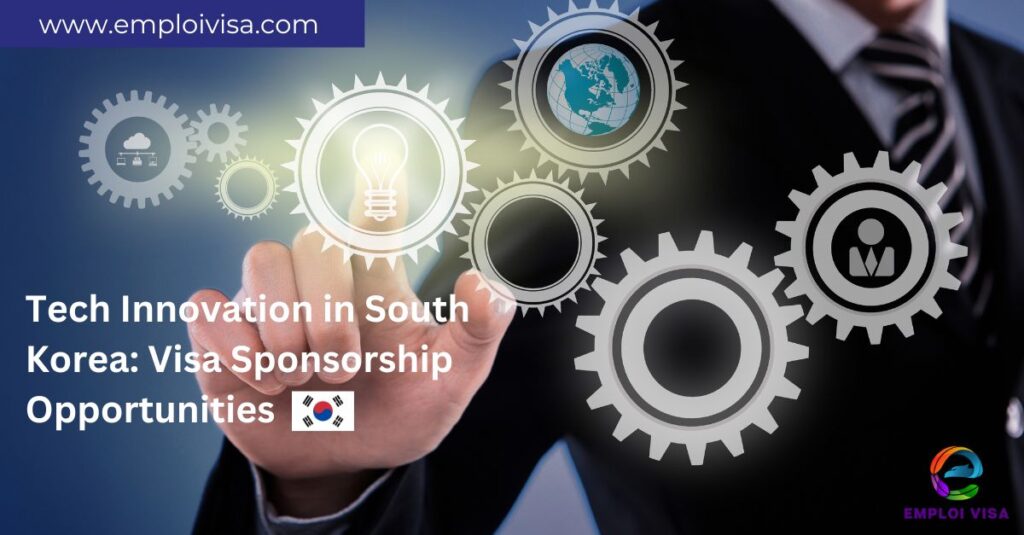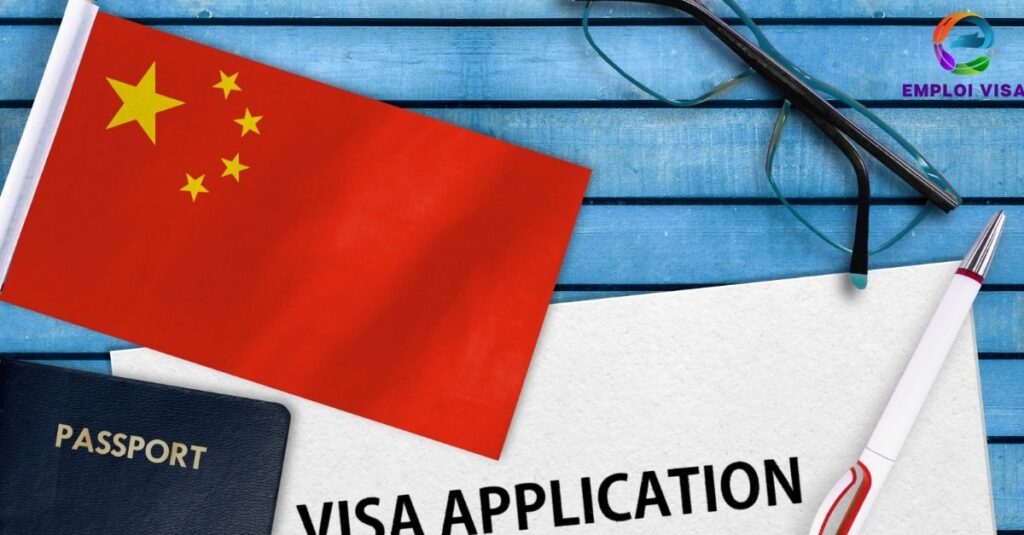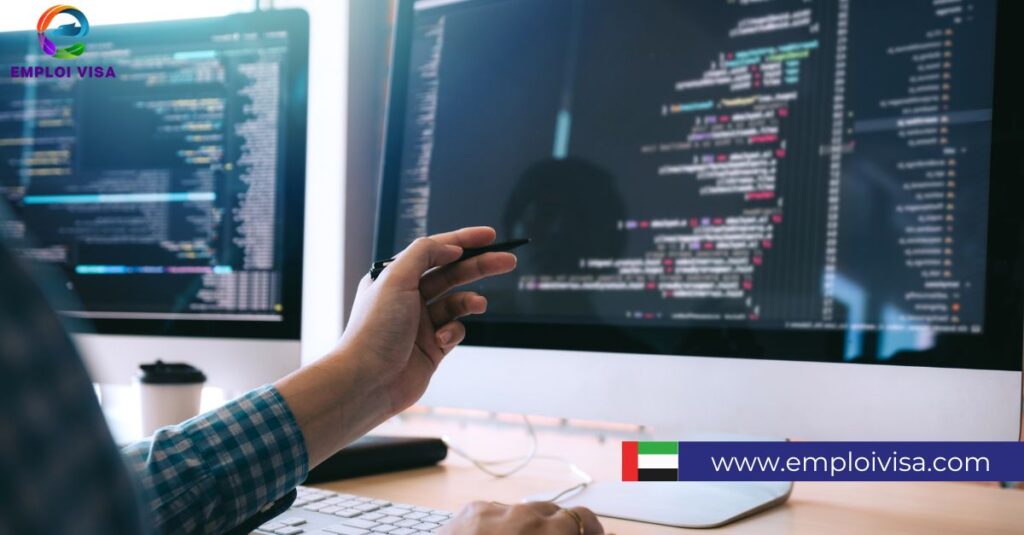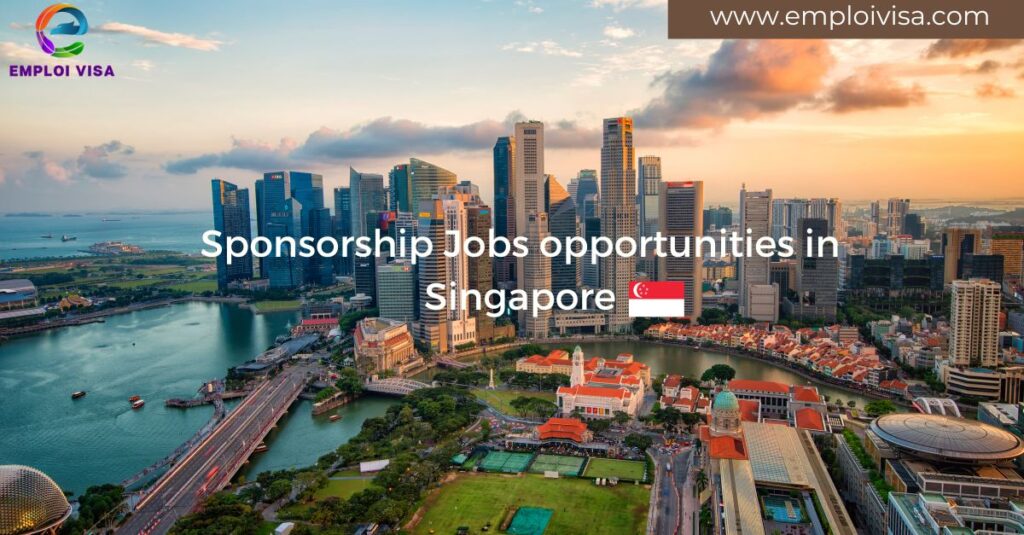
South Korea is a global leader in technology and innovation. Its thriving tech industry offers many opportunities for skilled professionals worldwide. If you’re into software engineering, data science, or digital marketing, South Korea is a great place to grow your career.
This article explores South Korea’s tech innovation and visa sponsorship options for international tech talent. We’ll cover the E-7 visa for tech professionals and the D-8 visa for tech entrepreneurs. We aim to help you understand the Korean work visa landscape, making your tech dreams a reality.
Key Takeaways
- South Korea is a global leader in technology and innovation, offering abundant opportunities for international tech talent.
- Various visa sponsorship options, including the E-7 and D-8 visas, are available for tech professionals and entrepreneurs seeking to work in South Korea.
- Understanding the unique work culture and visa requirements is crucial for successfully navigating the Korean tech landscape.
- The application process and documentation requirements must be carefully managed to ensure a smooth and successful visa sponsorship experience.
- Staying up-to-date with the latest trends and developments in the South Korean tech industry can help you capitalize on emerging opportunities.
Overview of South Korea’s Tech Industry Landscape
South Korea is a global leader in the tech world. Giants like Samsung, LG, and SK Hynix are at the forefront. The country’s tech scene is diverse and innovative, with many sectors and companies driving progress.
Leading Tech Sectors and Companies
South Korea excels in many tech areas, from semiconductors to AI and blockchain. Samsung leads in smartphones and displays. LG shines in home appliances and electronics. SK Hynix is a top player in memory chip technology.
Startups are also making waves in e-commerce, fintech, and renewable energy. They add to the country’s tech vibrancy.
Innovation Hubs and Technology Clusters
South Korea’s tech strength is spread across several innovation hubs. Pangyo Techno Valley is known as the “Korean Silicon Valley.” It’s home to many startups and R&D centers.
Seoul Digital Media City is a key hub for digital media and content creation. It attracts both big names and new entrepreneurs.
Recent Growth and Development Trends
The South Korean tech industry has seen rapid growth. This is thanks to government support, strong R&D, and a skilled workforce. The country leads in 5G technology and semiconductors.
New areas like AI, blockchain, and green tech are also on the rise. This makes South Korea a leader in technology.

“South Korea’s tech industry is a testament to the power of innovation, collaboration, and a relentless pursuit of excellence.”
Understanding South Korean Work Culture in Tech
Working in South Korea’s tech industry can be challenging for those from abroad. The culture values hierarchy, formality, and group harmony. These values might be different from what you’re used to in a startup.
The tech workplace in Korea is very hierarchical. Your age and job title matter a lot. Younger or lower-level workers must respect their bosses, even in casual moments. Knowing this can help you work better with others.
The tech scene in Korea is also changing. Now, there’s more focus on work-life balance, new ideas, and teamwork. But, old Korean business ways still play a big role. So, you might need to adjust to fit in.
| Aspect | Traditional Korean Work Culture | Emerging Startup Culture |
|---|---|---|
| Hierarchy | Rigid, with a strong emphasis on seniority and status | More flexible, with a focus on merit and collaboration |
| Communication | Formal, indirect, and deferential to superiors | More open, transparent, and casual |
| Work-Life Balance | Long work hours and an expectation of dedication to the company | Increased emphasis on work-life balance and personal time |
By grasping these cultural differences, you can do well in South Korea’s tech world. It’s a chance to build a great career.

Tech Innovation in South Korea: Visa Sponsorship Opportunities
South Korea is known for its booming tech industry. It draws skilled workers from all over. If you want to join this exciting field, there are several visa options for you. Let’s look at the main chances for tech experts and entrepreneurs in South Korea.
E-7 Visa for Tech Professionals
The E-7 visa is for skilled workers, perfect for tech pros. It lets you work in specialized jobs, like IT. To get it, you need to show you’re an expert and have a job in South Korea.
D-8 Visa for Tech Entrepreneurs
The D-8 visa is great for tech entrepreneurs. It’s for those who want to start or grow a business in South Korea. It’s a way to turn your business dreams into reality.
Special Requirements for IT Specialists
IT experts have extra things to think about. They might need to show their tech skills with certifications or degrees. Knowing these details can make applying for a visa easier.
| Visa Type | Key Features | Eligibility Criteria |
|---|---|---|
| E-7 Visa | Designed for skilled foreign workers, including tech professionals | Expertise in your field, secured job offer from a South Korean company |
| D-8 Visa | Caters to foreign entrepreneurs looking to establish or invest in a business in South Korea | Minimum investment or business establishment requirements |
Whether you’re a tech pro or an entrepreneur, South Korea has lots of chances. Knowing the visa options and fitting your application to the needs can help you succeed. This vibrant tech hub is waiting for you.
Key Requirements for Tech Visa Sponsorship
To get a tech visa in South Korea, you need a strong education, relevant work experience, and to speak the local language well. Tech professionals must meet these requirements to get a job with a sponsoring company.
Educational Qualifications
South Korean tech firms look for candidates with a bachelor’s degree or more in fields like computer science or engineering. Having an advanced degree in data science or AI can really help.
Work Experience
Having a lot of experience in tech is key for visa sponsorship. You should show your skills in managing projects, solving problems, and using technical skills.
Language Proficiency
Even though English is common in South Korean tech, knowing Korean is a big plus. Being good in both English and Korean can make you stand out.
Sponsoring Company
Getting a job offer from a South Korean tech company is essential for a visa. You’ll need to work with your company to meet all visa requirements.
| Requirement | Details |
|---|---|
| Educational Qualifications | Bachelor’s degree or higher in a tech-related field |
| Work Experience | Substantial experience in the tech industry, with a focus on project management, technical skills, and problem-solving |
| Language Proficiency | Proficiency in both English and Korean languages |
| Sponsoring Company | A job offer from a South Korean tech company is a prerequisite for visa sponsorship |
Meeting these requirements can help tech professionals get a visa in South Korea. This opens the door to a great career in the country’s booming tech scene.
Application Process and Documentation
Starting the visa application process can feel overwhelming. But, with the right steps and knowledge, it can be easier. First, you need to collect all the required documents and certifications. These usually include your passport, work contract, school records, and any special qualifications for your field.
Required Documents and Certifications
Having all the right documents is key to a successful visa application. You’ll need a valid passport, a detailed employment contract, your school diplomas, and any professional licenses. Make sure to check the exact needs to ensure your application is complete and correct.
Timeline and Processing Periods
The time it takes to process a visa varies. It depends on the visa type and the immigration office’s workload. Generally, it can take from a few weeks to a few months. It’s wise to apply early to account for any delays or extra requests for information.
Common Application Challenges
Even with clear guidelines, applicants might face some hurdles. These can be due to missing or wrong documents, info mismatches, or slow approvals. By carefully checking your application, you can avoid these problems and make the process smoother.
FAQ
What are the leading tech sectors and companies in South Korea?
South Korea is known for its top tech companies like Samsung, LG, and SK Hynix. These companies lead in fields like semiconductors, electronics, and mobile tech.
What are the key innovation hubs and technology clusters in South Korea?
Key innovation spots in South Korea include Pangyo Techno Valley and Seoul Digital Media City. Pangyo is near Seoul, and Seoul Digital Media City is a hotspot for digital media startups.
What are the recent growth and development trends in South Korea’s tech industry?
South Korea’s tech sector has grown a lot lately. This growth is thanks to government support, a skilled workforce, and focus on new tech like AI and 5G. The country aims to be a global tech leader.
How does the work culture in South Korea’s tech industry differ from other countries?
South Korea’s tech work culture values hierarchy and teamwork. It’s also high-pressure. Yet, a startup culture is emerging, bringing in fresh, flexible work styles.
What are the different visa options available for tech professionals in South Korea?
Tech pros in South Korea can get E-7 visas for skilled jobs or D-8 visas for entrepreneurs. IT specialists need to meet specific requirements.
What are the key requirements for obtaining a tech visa sponsorship in South Korea?
To get a tech visa in South Korea, you need the right education, work experience, and Korean language skills. Also, getting a job offer from a sponsor is essential.
What is the application process and documentation required for a tech visa in South Korea?
Applying for a tech visa in South Korea means providing many documents and certifications. The process time varies, and applicants should know about common hurdles.






